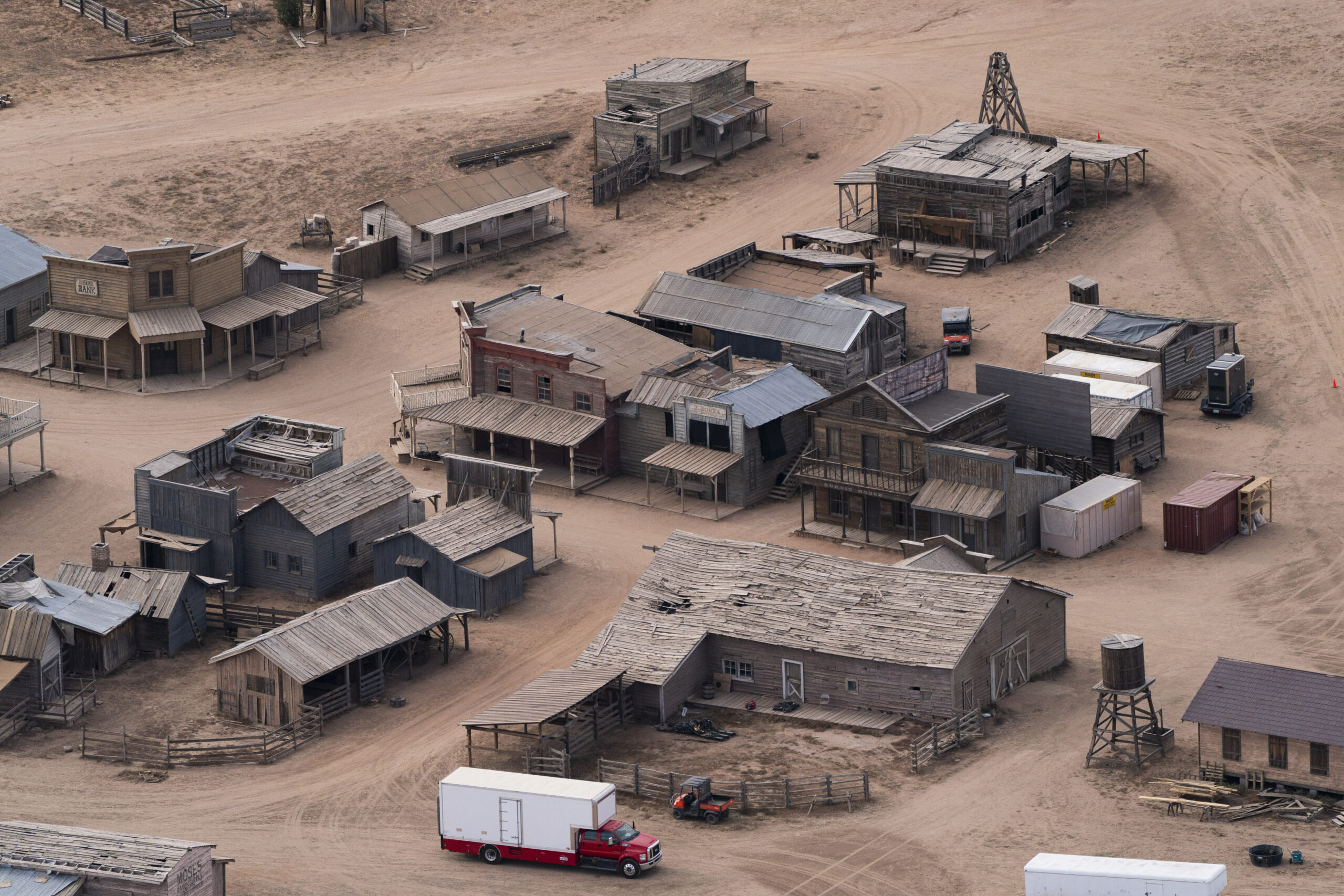TORUN, Poland (AFP) – The Western “Rust” will get its world premiere on Wednesday at a Polish film festival, three years on from a shock on-set shooting that killed the cinematographer.
Hollywood A-lister Alec Baldwin was accused of violating basic gun safety rules in the 2021 death of Halyna Hutchins, but his involuntary manslaughter trial was dismissed over withheld evidence earlier this year.
The late cinematographer’s mother Olga Solovey said Tuesday she refused to attend the festival for the film’s promotion “especially now when there is still no justice for my daughter”.
“Baldwin continues to increase my pain with his refusal to apologise to me and his refusal to take responsibility for her death,” she said in a statement.
Director Joel Souza, who was wounded in the shooting, will introduce the movie at the Camerimage film festival — known for celebrating cinematography — in Torun, northern Poland.
“Almost three years after the tragic death of Halyna Hutchins, a Ukrainian cinematographer… Camerimage is set to honour her memory and remind the world of her legacy,” the festival said ahead of the premiere.

It added that the screening would fulfil “a dream of Halyna, who even during the early stages of Rust’s production convinced… Souza that their work should be shown” at the festival.
Bianca Cline, who took over as cinematographer, will also attend, festival spokesman Roman Tondel told AFP, adding: “Baldwin will not be there”.
The Emmy-winning actor was holding a revolver during a rehearsal on set in New Mexico when a live round was fired, fatally wounding 42-year-old Hutchins.
The shooting gave the film a sense of life imitating art as the 19th century budget western is about an accidental killing.
The concept for “Rust” came from research Souza was doing on the youngest person ever to be hanged in the Old West.
Souza and Baldwin developed the idea into a script about an outlaw who rides to rescue his 13-year-old grandson from execution for an accident being treated as murder.
The film’s armourer, Hannah Gutierrez, was sentenced to 18 months in prison after being convicted of involuntary manslaughter for accidentally loading Baldwin’s prop gun with a live round.
Baldwin’s own trial spectacularly collapsed in July when it emerged that prosecutors had not turned over a batch of bullets that detectives had found during their investigation.
Filming was halted by the fatal incident, but completed last year on location in Montana.
Hutchins was originally from Ukraine, and grew up on a Soviet military base in the Arctic Circle “surrounded by reindeer and nuclear submarines”, according to her website.
After studying and working as a journalist in Ukraine and across Europe, she joined the prestigious AFI Conservatory in Los Angeles in 2015.
Hutchins later made rapid progress through the ranks of Hollywood cinematographers.
She was named by American Cinematographer magazine as one of the industry’s rising stars in 2019.
While the tragedy prompted some calls for banning firearms from sets altogether, Hollywood has generally preferred less radical measures.
Industry guidelines on firearm use were revised last winter for the first time in 20 years. Among other changes, they now specify that only an armourer can hand a weapon to an actor.
Prosecutors said Baldwin was handed the gun on set by the film’s first assistant director, who later pled guilty to negligent use of a deadly weapon.
This year’s edition of Camerimage runs until November 23 and has Oscar winner Cate Blanchett as its jury president.
The festival kicked off with controversy after French filmmaker Coralie Fargeat pulled her movie “The Substance” — which won best screenplay at Cannes — ahead of the opening.
She said she made the decision “after discovering the highly misogynistic and offensive words” of festival founder Marek Zydowicz.
In an article for Cinematography World magazine this month, Zydowicz described the growing recognition of female cinematographers and directors as “crucial”.
But he then asked: “Can we sacrifice works and artists with outstanding artistic achievements solely to make room for mediocre film production?”
The remarks, for which Zydowicz later apologised, also led Oscar-winning director Steve McQueen to withdraw in protest.



















































